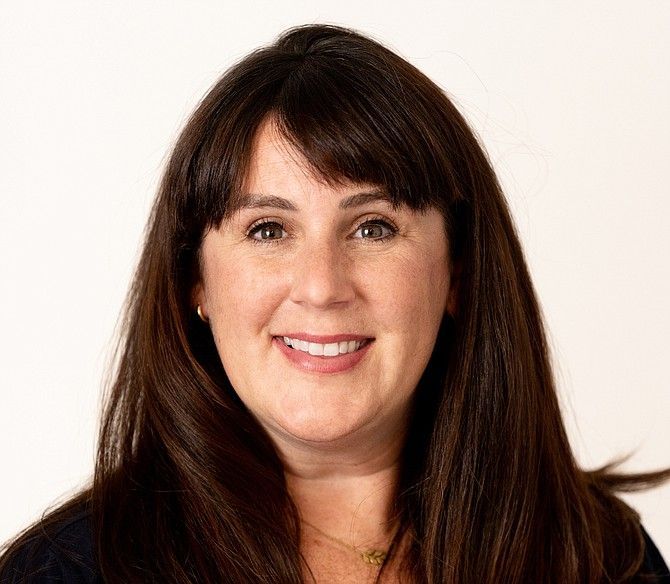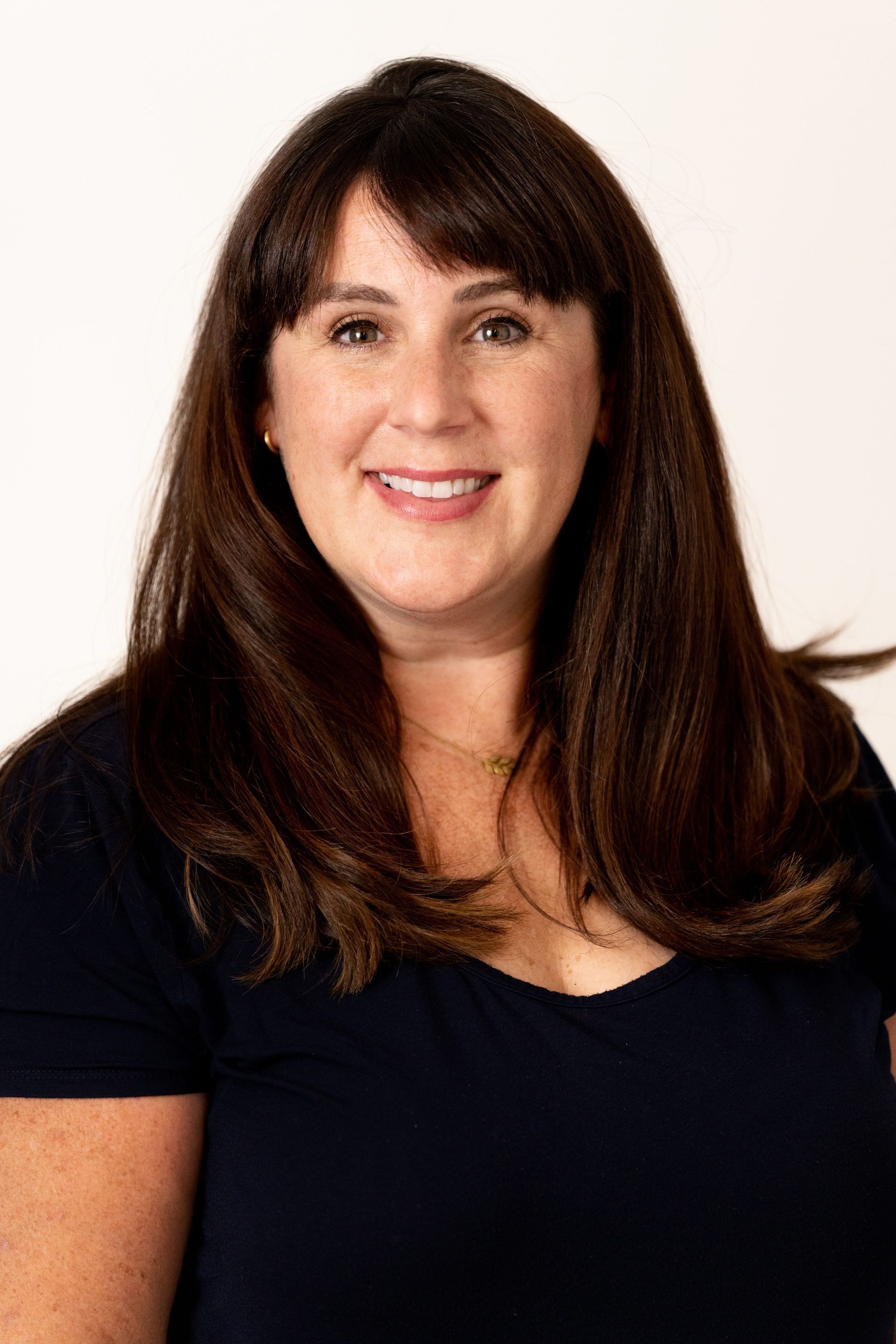Why we need to talk about eating disorders | Kat Geiger


This opinion column was submitted by Kat Geiger, LCSW, a certified eating disorders specialist with Thrive Wellness of Reno.
As this is National Eating Disorders Awareness Week, it’s time to take a closer look at the impact of body image, beauty, diet, and disordered eating and what we can do to mitigate it. Approximately one out of every 10 people in the U.S. struggles with some sort of a diagnosable eating disorder, and a far greater percentage struggle in their relationship with food and their bodies.
Eating disorders can affect people of every size, shape, ethnicity, gender, socioeconomic status, and anyone regardless of their gender or sex. Although eating disorders are more commonly identified in females, researchers and clinicians are becoming aware of a growing number of males and nonbinary individuals who are seeking help for eating disorders.
Broadly speaking, eating disorders emerge subconsciously as a way to gain a sense of control over a person’s immediate environment.
In the midst of a global pandemic that is far from the realm of what we can control, a greater percentage of people have begun seeking control through the shapes of their bodies and the food they eat. It has become easier falling into the trap of overevaluating the importance of weight, shape and diet as a means to mitigate the lack of control we feel due to financial instability resulting from the global pandemic, poor family relationships from a tenuous political environment, and other stressors that are out of our control.
In the U.S. alone, about 30 million people will suffer from an eating disorder at some point in their lives. We may not always think of eating disorders as being severe or life-threatening, but eating disorders have the second-highest mortality rate of all mental health struggles. Left untreated, up to 20 percent of those suffering from eating disorders will die. With treatment, mortality rates fall to 2-3 percent.
People of all shapes and sizes can struggle with this disorder, and only 6 percent of those who are diagnosed with an eating disorder are underweight. People struggling with advanced anorexia may be easily identified, but people struggling with bulimia, orthorexia, binge eating disorder and others are often of average body size. The question now is, what can we do to help spread awareness and allow people to seek help without fear of being judged?
- Education and research are key to spreading awareness about eating disorders. Although social media plays a role in body image issues and diet culture, it can also be used as a platform to educate those who aren’t aware of this disorder and to support those who are all too familiar with it.
- Speak up and challenge people when they show judgement toward certain body types or foods.
- Do not talk negatively about your own body or parts of your body. Instead, consider talking about what you are grateful that your body does for you.
- Consider challenging those who blatantly correlate success or self-discipline with a certain body type.
- Rather than complimenting a person on their body type or appearance, focus on complimenting their personality traits and talents.
- Stop moralizing food. Telling our friends “you are being so good!” when they eat a salad or low carb meal, can actually cause harm. Or, saying “I’m being bad today!” after ordering a dessert can also perpetuate shame around eating certain types of foods.
- If your friend loses 20 pounds, don’t jump to tell them how good they look. Instead, ask how they are feeling or what new hobbies they’ve found.
- Redirect conversations focused on diets and weight loss, these conversations are often used in our society as “filler” — a surface way to connect with others when we aren’t sure what else to talk about.
A person’s weight and a person’s health are not interchangeable. The stigma of certain foods, weight, and shape must come to an end in order to reduce the cultural effects that perpetuate eating disorders. Ending any stigma starts on an individual level. It’s important to be mindful of how we talk about food and our bodies to friends, family, and most importantly, ourselves.
Offering support to those struggling in their relationship with their bodies and food and spreading awareness can help those who suffer feel less alone. It can even save their lives. There are assessments and treatment available if you or someone you know are struggling with symptoms of an eating disorder. Seeking an assessment from an eating disorders expert is always the best course of action if you are unsure whether your struggles qualify as an eating disorder. If you or someone you love is suffering from signs of an eating disorder, please consider exploring the below resources:
Local resources:
- Thrive Wellness of Reno — offers free assessments and support groups, and accepts most major insurances for treatment. Visit thrivewellnessreno.com.
National resources:
- The National Eating Disorders Association — offers additional information and a national helpline. Visit nationaleatingdisorders.org.
- Eating Disorder Hope — offers additional information and national treatment resources. Visit eatingdisorderhope.com.
- International Association of Eating Disorders Professionals (IAEDP) — offers resources to treatment professionals and a list of certified eating disorders specialists. Visit iaedp.com.
Kat Geiger, LCSW, is a certified eating disorders specialist with Thrive Wellness of Reno.
The post Why we need to talk about eating disorders | Kat Geiger first appeared on Thrive Wellness.








